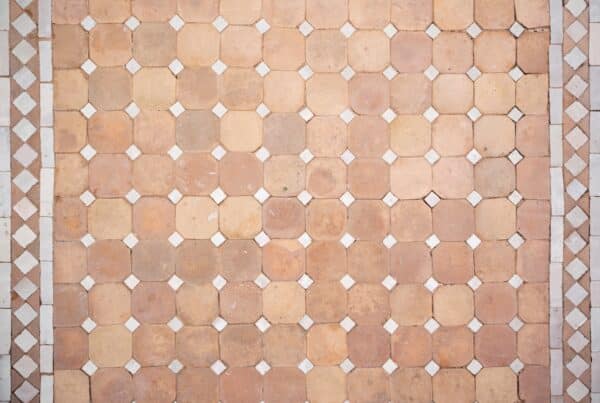
Protecting your home’s foundation is one of the smartest investments you can make, and using stones and rocks to surround the base of your house is a home-run solution. This method adds a polished look to your yard while also managing erosion and drainage—two key factors in keeping your foundation strong.
Water pooling near the foundation or shifting soil can lead to cracks and costly repairs. In this post, you’ll learn how rocks and stones around your home can make a hefty difference over time.
How Your Foundation Benefits
Stones and rocks offer more than just a decorative touch—they actively protect your foundation from damage. When placed around the base of your home, these materials help stabilize the soil and prevent erosion.
Without that extra layer of protection, water runoff and shifting soil can cause the foundation to weaken or crack.
Heavy rainfall increases the risk of soil erosion, particularly around homes in areas with poor drainage. Stones create a natural barrier that keeps soil in place, helping to support and stabilize the foundation. This simple step can prevent expensive damage and future repairs.

Drainage and Water Control
Stones and rocks also play a crucial role in managing drainage around the foundation. Water that collects near the base of a home is one of the most common causes of foundation issues.
Properly placed stones allow water to flow through and away from the foundation, reducing the chance of pooling and moisture-related damage.
This natural drainage system ensures water moves away from your home, reducing the risk of cracks, leaks, and other foundation problems. This method works especially well in areas with heavy rain or poor soil drainage, making it a valuable investment for long-term protection.
Choosing Stones and Rocks to Surround Your Foundation
Selecting the right stones is key to maximizing both drainage and erosion control.
Different types of stones offer unique benefits, so it’s important to choose the right material based on your home’s specific needs.
- Gravel: This is one of the most common choices for foundation protection. Its small size and loose structure allow water to pass through easily, helping to manage drainage while preventing soil erosion.
- Crushed Stone: Offering more stability than gravel, crushed stone locks into place and forms a firm base that helps keep soil from shifting. This is ideal for areas prone to heavier rainfall or unstable soil.
- River Rocks: These smooth, rounded stones are both decorative and functional. River rocks are larger and heavier, which means they offer excellent stability and allow water to flow through without washing away the soil beneath them.
Preventing Soil Erosion and Shifting
Soil erosion is one of the most common threats to a home’s foundation. When the ground around your home shifts or washes away, it creates gaps that can cause the foundation to settle unevenly, leading to cracks or structural problems.
Stones and rocks help prevent this by keeping the soil in place and providing extra support. In regions prone to heavy rain, stones around your foundation act as a shield, reducing the impact of water runoff and preventing erosion. By stabilizing the soil, you reduce the chances of your foundation weakening or shifting.

More Foundation Maintenance Tips
Using stones around your foundation is a great start, but there are other steps you can take to further protect your home:
- Ensure proper grading: The ground around your home should slope away from the foundation to direct water away. This prevents water from pooling near the base, reducing the risk of foundation damage.
- Keep gutters clean: Clogged gutters can cause water to overflow and pool near the foundation. Regularly cleaning your gutters ensures that water is properly directed away from your home.
- Inspect for cracks: Regularly check the foundation for small cracks or signs of shifting. Catching these issues early can prevent larger, more costly repairs down the road.
Incorporating these maintenance tips alongside stone protection will significantly extend the life of your foundation.
When to Call a Professional
While adding stones and maintaining your foundation are great preventive steps, some problems require professional attention. It’s important to call a home inspector if you notice:
- Cracks in the foundation or walls
- Water pooling around the base of your home, even after using stones
- Uneven floors or signs of the foundation settling
Conclusion
Surrounding your foundation with stones and rocks is an easy and effective way to prevent erosion and water damage. When you combine this method with regular maintenance, you can prevent costly repairs down the road.
If you’ve spotted cracks, water pooling, or other signs of trouble, don’t wait. Schedule a home inspection with All Coast Home Inspections in Houston, TX, and surrounding areas to ensure your foundation stays secure and protected for years to come.



